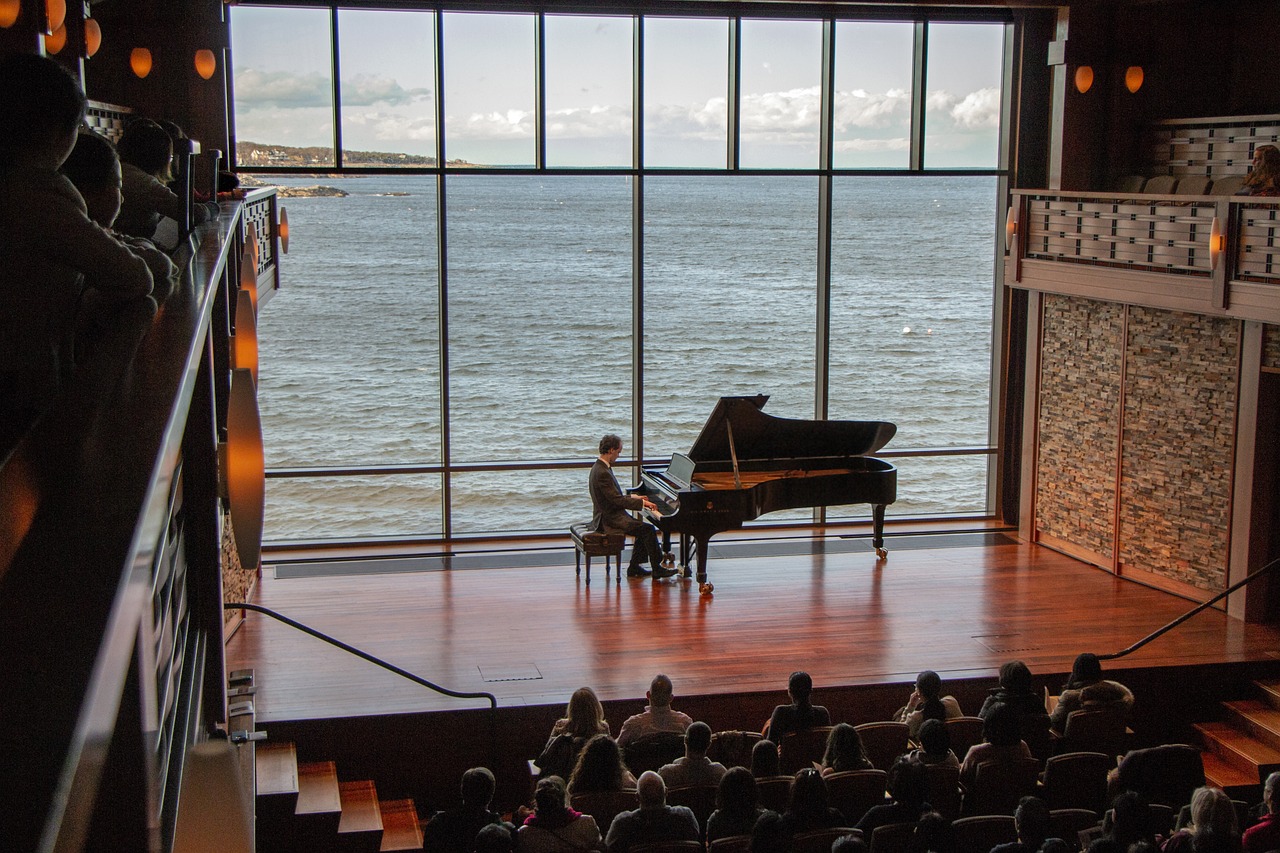Browse through our library of informative resources to stay informed and inspired


Is it possible to become a Singapore Permanent Resident (PR) as a student pass holder without completing the typical two-year study requirement? Many foreign students in Singapore wonder about alternative paths to residency that don’t involve prolonged academic commitments. The good news? There are options for those who qualify based on specific criteria, and with the right strategy, the journey to PR can be smoother than you might think. Let’s take a deep dive into these alternatives, how to navigate the process, and what you can do to enhance your chances.

Singapore PR is more than just a status; it’s an opportunity to access a range of benefits. As a PR, you’ll have the freedom to stay in Singapore without visa renewals, access to public healthcare, and the ability to purchase certain types of real estate. For students transitioning into the workforce, PR status often leads to better career opportunities and long-term stability.
Many foreign students see PR as a stepping stone toward Singapore citizenship, which opens even more doors for education, financial aid, and career growth. If your goal is to establish roots in this vibrant city-state, exploring alternative PR pathways is worth the effort.
The two-year study requirement is part of Singapore’s approach to integrating foreign students into the local culture and community. By studying in Singapore for a substantial period, students are expected to gain exposure to the country’s values, language, and way of life, making them more likely to contribute meaningfully as residents.
However, Singapore recognizes that not all contributions come through traditional educational routes. For individuals with exceptional talents or family ties, or those already adding value to the economy, there are alternative pathways to PR.
Currently, ICA allows foreign students studying in Singapore and have passed at least one national exam (i.e. PSLE, GCE ‘N’/’O’/’A’ levels), or are in the Integrated Programme (IP) to apply for Singapore PR.
Let’s explore the other alternatives for foreign student pass holders who want to apply for PR but may not qualify under ICA’s requirements for Foreign Student Scheme or wish to apply under other pathways.
If you have immediate family members who are Singapore citizens or PRs, you may be eligible to apply under the family ties scheme. This route doesn’t require you to meet the two-year study condition and is ideal for dependents or close relatives of PR holders.
For example, a foreign student living with their PR parents in Singapore could apply for PR through family sponsorship. The Immigration and Checkpoints Authority (ICA) evaluates such applications based on the applicant’s ties to Singapore and the stability of the sponsor’s residency status.

Foreign students who secure a job in Singapore may apply for PR through the Professional, Technical Personnel, and Skilled Workers (PTS) scheme. This is one of the most common routes for those who haven’t completed the two-year study period.
The key to this approach is obtaining employment in a field where your skills are in demand. Singapore’s economy values talent in areas such as technology, healthcare, and engineering. Even part-time jobs or internships during your studies can open doors to full-time opportunities.
Once employed, your application for PR under the PTS scheme will hinge on your professional contributions and potential to grow within Singapore’s workforce.
Singapore welcomes individuals who bring unique talents to the table. Whether you’re a gifted athlete, artist, or academic achiever, your exceptional abilities can make you eligible for PR without needing to meet the study requirement.
The Global Investor Programme (GIP) is one example, designed for high-achieving individuals contributing to Singapore’s cultural or economic landscape. Demonstrating your value through awards, portfolios, or recommendations from respected institutions strengthens your application significantly.
A young pianist who won international competitions and participated in local cultural events successfully transitioned from a student pass holder to PR under a talent-based scheme. Their ability to contribute to Singapore’s cultural vibrancy was a key factor in the ICA’s decision.

Navigating the PR application process involves understanding the requirements, preparing the right documents, and presenting a compelling case. Here’s a step-by-step guide:
Determine which pathway—family sponsorship, employment, or exceptional talent—best aligns with your circumstances.
Compile a comprehensive portfolio of documents, including:
Applications for PR must be submitted through the ICA’s online portal. Ensure all documents are in the correct format and properly uploaded to avoid delays.
The ICA may request an interview or further details to clarify your application. Prepare to articulate how you plan to contribute to Singapore as a PR.
The processing time for PR applications can range from four to six months. Use this time to strengthen your profile through community involvement or professional development.

The Singapore PR application process is competitive, but there are ways to enhance your likelihood of success:
Volunteering with local organizations or participating in cultural events can reflect your commitment to integrating into Singaporean society.
Whether it’s a technical certification, language proficiency, or leadership experience, emphasizing your unique contributions helps you stand out.
A stable financial history signals your ability to sustain yourself in Singapore, which the ICA considers when evaluating applications.
Immigration consultants can help identify gaps in your application and recommend strategies to address them. This professional guidance can be invaluable in ensuring your submission is comprehensive and compelling.
As a student pass holder, your work experience may be limited. To address this, focus on internships, part-time roles, or volunteer opportunities that demonstrate your capability.
While English is widely used in Singapore, showcasing additional language skills, particularly in Mandarin, Tamil, or Malay, can be an advantage in demonstrating cultural alignment.
Building relationships with mentors, professors, or employers who can vouch for your abilities adds weight to your application.

The journey from a foreign student pass holder to a Singapore PR might seem daunting at first, but it’s entirely achievable with the right preparation. Whether you’re leveraging family connections, showcasing your professional contributions, or applying as a talented individual, the key lies in presenting yourself as a valuable member of Singaporean society.
Why wait? Explore the possibilities of becoming a Singapore PR with expert help today. Let us assist you in turning your dream of calling Singapore home into reality.
Please share with us some details about your needs, we will get back to you.